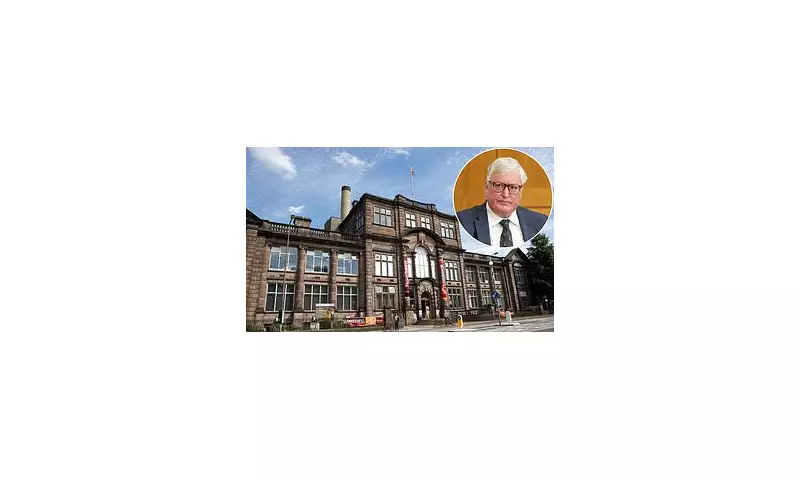
In a blistering critique that has sent shockwaves through Britain's cultural sector, former Arts Minister Lord Parkinson has accused Arts Council England (ACE) of operating a "chilling" campaign to stifle free speech within publicly funded venues.
The Conservative peer launched a scathing attack on the national funding body, claiming it is effectively blackmailing theatres, galleries, and museums by forcing them to adopt "controversial political pledges" on diversity and inclusion as a condition for receiving vital grants.
The Funding Ultimatum
Lord Parkinson revealed that numerous arts organisations have privately expressed "serious concerns" about ACE's new funding requirements. Institutions are being compelled to sign up to specific diversity initiatives and make public statements on contentious issues—a move he describes as fundamentally at odds with artistic independence.
"The arm's length principle is being compromised," he stated, referring to the long-standing convention that governments should not directly interfere with artistic content. "Arts Council England is straying into territory where it's dictating what organisations should say and think."
The High-Profile Casualties
The controversy has already claimed significant victims. London's prestigious English National Opera saw its funding slashed after refusing to relocate outside the capital—a move many saw as politically motivated. Simultaneously, the Nottingham Contemporary gallery faces a devastating 100% funding cut, a decision that has sparked outrage in the Midlands arts community.
These cases represent what critics are calling a dangerous new precedent where funding decisions are based on compliance with political agendas rather than artistic excellence.
A Chilling Effect on Creativity
Industry insiders fear the requirements are creating a culture of self-censorship. Artistic directors and curators may increasingly avoid challenging or provocative work that could jeopardise their funding status.
"When your entire financial viability depends on ticking certain boxes, you inevitably think twice about programming anything that might be deemed controversial," one gallery director confided. "It's death by a thousand cuts to genuine artistic freedom."
Arts Council England's Defence
In response to the allegations, ACE has defended its approach, stating that its commitment to inclusivity and diversity aims to make the arts accessible to all. A spokesperson said: "Our investment principles are designed to ensure public money supports organisations that serve everyone, reflecting the rich diversity of England."
However, critics argue that while promoting accessibility is commendable, mandating specific political statements crosses a red line into compelled speech.
The Future of UK Arts Funding
This escalating row raises fundamental questions about the relationship between public funding and artistic freedom. As organisations grapple with post-pandemic recovery and cost-of-living challenges, the additional pressure to conform to political requirements has created what one industry leader called "an impossible balancing act."
The government now faces growing calls to intervene and reaffirm the arm's length principle before what many fear could become a permanent erosion of artistic autonomy in Britain's world-renowned cultural sector.





